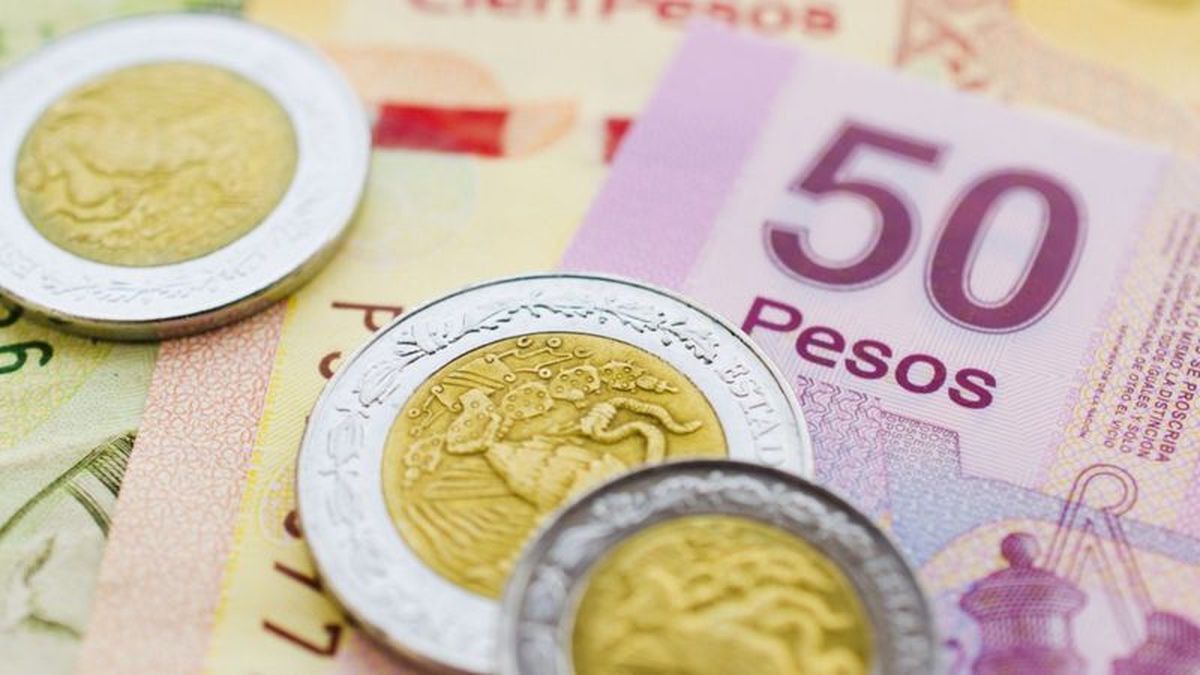The Mexican peso was the currency that devalued the most this Tuesday, January 21, due to the expectation that the new president of the United States, Donald Trump, will increase tariffs for both products from Mexico and Canada. The appetite for safe haven assets could put pressure on regional currencies, including Argentina’s, in a context of strong lag compared to their peers.
After being sworn in, the president told reporters that his team was thinking about rates of 25% for its two main trading partners that could be announced as soon as February 1, although it did not offer details.
In this framework, the Mexican currency closed at 20.6240 per dollar, with a decline of 0.7% compared to Monday’s reference price, although during the day weakened by more than 1.5% to 20.7970 units.
Trump’s arrival boosts safe haven assets
“Trump’s comments increased market volatility, favoring safe haven assets like the dollarand weighed on the peso, since Mexico’s economic stability could be threatened,” said Quásar Elizundia, market research strategist at the Pepperstone firm.
The Mexican peso reduced losses after the country’s president, Claudia Sheinbaum called for calm and said she will seek dialogue with the United States. The government also issued a decree that seeks to encourage the relocation of companies in the country.
Still, the coin showed the worst performance among a basket of benchmark currencies and analysts believe that it could continue to be under pressure in the coming days while waiting for light on the policies that will govern the relationship between Mexico and the United States, mainly in the commercial sphere.
Negotiation strategy or real tightening?
“The big question is whether its threats in international trade are a negotiating tactic or the prelude to a real hardening of tariff policy. Any indication in this sense could have immediate effects on the markets,” CIBanco analysts said in a report.
According to Julio Ruiz, chief economist for Mexico at Citi, the lack of clarity could keep the peso oscillating around 20.60 and 20.80 in the short term. “The key word after yesterday’s events is uncertainty“he asserted.
Mexico’s productive activity is closely linked to its northern neighbor, who is its main business partner and the destination of almost 85% of national exports.
Faced with this scenario, the referenceS&P/BMV IPC stock index advanced 0.5% to 50,450.26 points, in a market attentive to the corporate results season for the fourth quarter.
The shares of the Alfa conglomerate rose 3.3% to 15.70 pesos, followed by those of the Regional bank, known as Banregio, which gained 3.08% to 130.25 pesos.
In the debt market, the primary yields of Treasury Certificates (Cetes) fell in the weekly auction of government securities. The 28-day benchmark Cete rate was placed at 9.75%, three basis points below its previous auction.
Source: Ambito
I am an author and journalist who has worked in the entertainment industry for over a decade. I currently work as a news editor at a major news website, and my focus is on covering the latest trends in entertainment. I also write occasional pieces for other outlets, and have authored two books about the entertainment industry.




